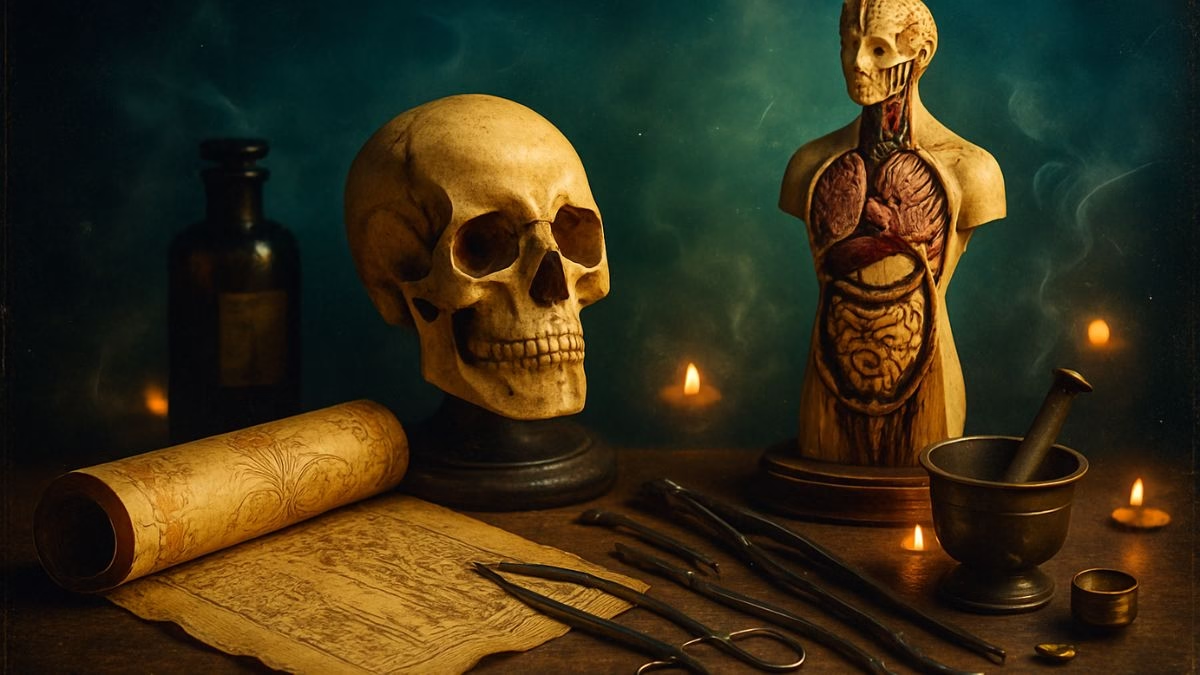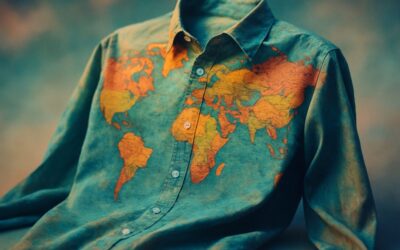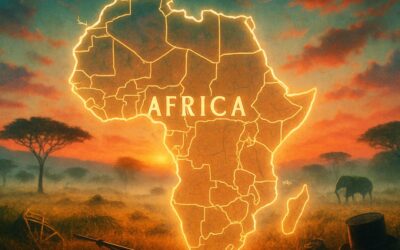Introduction
Have you ever wondered why your doctor washes their hands, why you get a vaccine, or how a surgeon knows what they’re doing? The medicine we take for granted today is the result of thousands of years of brilliant discoveries, happy accidents, and sometimes, outright bizarre ideas. It’s a story of human curiosity, courage, and our relentless quest to live longer, healthier lives.
This isn’t your average history test. Think of it as a time-traveling adventure where you get to peek into the minds of history’s greatest medical pioneers. This quiz is designed to be a fun, interactive journey, not a stuffy exam.
By joining this journey, you’ll:
- Uncover Astonishing Stories: Discover the fascinating tales behind the biggest breakthroughs in medical history.
- Appreciate Modern Medicine: Gain a whole new perspective on the science that keeps you healthy today.
- Learn Through Discovery: With hints to guide you and feedback that explains the “why” behind each answer, every question is a learning opportunity.
- Satisfy Your Curiosity: Find out the answers to questions you never even thought to ask about our fight against disease.
So, are you ready to travel back in time? Let’s scrub in and begin!
Learning Quiz
This is a learning quiz from English Plus Podcast, in which, you will be able to learn from your mistakes as much as you will learn from the answers you get right because we have added feedback for every single option in the quiz, and to help you choose the right answer if you’re not sure, there are also hints for every single option for every question. So, there’s learning all around this quiz, you can hardly call it quiz anymore! It’s a learning quiz from English Plus Podcast.
Quiz Takeaways: A Journey Through Healing: What We’ve Learned
Welcome back from your trip through time! I hope you enjoyed that journey through the incredible history of medicine. It’s a story filled with brilliant insights, frustrating setbacks, and unbelievable “eureka!” moments that have fundamentally changed what it means to be human. By answering those questions, you’ve traced the path from a world where a simple infection was a death sentence to a world where we can edit our own genetic code. Let’s take a moment to connect those dots and appreciate the epic story you’ve just explored.
Our story began in the ancient world, with a monumental shift in thinking. For millennia, we believed sickness was the work of angry gods or evil spirits. Then, a physician in ancient Greece named Hippocrates made a revolutionary claim: diseases have natural, not supernatural, causes. This was the birth of rational medicine. Meanwhile, the Romans, with their engineering genius, gave us one of the greatest public health innovations of all time: the aqueducts. By providing clean water and sanitation, they fought disease on a massive scale, showing that health was a community effort, not just a personal one. The knowledge of these classical thinkers, especially the physician Galen, would dominate Western medicine for over 1,300 years.
As Europe entered the Middle Ages, much of this classical knowledge was lost or stagnant. But the flame was kept alive and brilliantly expanded during the Islamic Golden Age. Scholars like Ibn Sina (Avicenna) didn’t just preserve Greek texts; they built upon them, creating vast encyclopedias like “The Canon of Medicine” and establishing the world’s first true hospitals. They were the crucial bridge connecting the ancient world to the modern.
Then came the Renaissance, and a new spirit of questioning authority swept through Europe. For centuries, doctors had sworn by Galen’s anatomical texts, which were based on animal dissections. But Andreas Vesalius dared to look for himself, conducting his own human dissections and creating the first accurate map of the human body. This set the stage for William Harvey to figure out the true circulation of the blood, proving the heart was a pump, not a furnace. At the same time on the battlefield, surgeons like Ambroise Paré were using observation to develop kinder, more effective surgical techniques, moving away from brutal methods like cauterization with hot oil. This was the dawn of modern, observation-based science.
But the biggest revolutions were yet to come. The 19th century was a golden age of medical breakthroughs. For the first time, surgery became painless with the demonstration of ether as an anesthetic. But a new problem emerged: patients survived the surgery only to die from infection. The solution came from Louis Pasteur, who proved his “germ theory”—that invisible microbes were the true culprits. This was perhaps the single most important breakthrough in medical history. It allowed Joseph Lister to develop antiseptic surgery, using carbolic acid to kill germs and make operating rooms safe. It allowed master “germ hunters” like Robert Koch to identify the specific bacteria causing diseases like tuberculosis, a crucial step toward curing them. And it allowed doctors to finally understand why public health measures, like a clean water pump during a cholera outbreak, were so vital. In the midst of all this, a new diagnostic tool emerged by accident when Wilhelm Röntgen discovered X-rays, allowing us to see inside the body for the first time without a knife.
The 20th century built on this incredible foundation, bringing us what many considered “miracle cures.” In 1928, Alexander Fleming’s famous laboratory accident led to the discovery of penicillin, the first antibiotic, which could kill bacteria inside the body. This launched the age of antibiotics and saved hundreds of millions of lives. At the same time, the concept of vaccination, first pioneered by Edward Jenner and his smallpox vaccine in the 18th century, reached its full potential. The terror of diseases like polio was vanquished by heroes like Jonas Salk, who developed the first effective polio vaccine.
And this brings us to the modern era, the era of genetics. The discovery of the DNA double helix by Watson and Crick—with crucial data from Rosalind Franklin—unlocked the very code of life. This discovery led directly to the Human Genome Project, which gave us a complete map of our DNA, and more recently, to the development of revolutionary technologies like CRISPR, which give us the ability to edit that code.
From blaming the gods to editing our genes, it has been a long and incredible journey. The story of medicine is a powerful reminder that progress is not inevitable. It’s built on the curiosity of people like Jenner, the meticulous work of people like Pasteur, the courage of people like Vesalius, and even the lucky accidents of people like Fleming. Thank you for taking this journey, and I hope it gives you a new appreciation for the incredible science that keeps us healthy today.










0 Comments